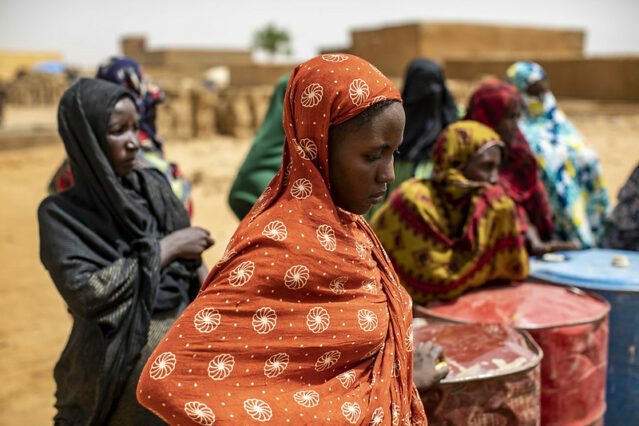The United Nations’ overriding purpose is to maintain international peace and security. To do this, the UN must develop friendly relations between states and achieve international cooperation, importantly without discrimination based on race, sex, language or religion. In the spirit of these purposes, the UN observes an annual International Day of Peace, which in 2022 is devoted to the theme ‘End Racism. Build Peace’.

Racism is not a new area of interest for the UN and its member states. Since the 1950s, the UN has recognised the inequality that stems from racial discrimination. The UN General Assembly issued a non-binding Declaration on the Elimination of All Forms of Racial Discrimination in 1963, followed by the binding International Convention on the Elimination of All Forms of Racial Discrimination (ICERD) that entered into force in 1969.
ICERD legally obligates parties to the Convention, of which there are now 182, to institute policies to eliminate racial discrimination, to review and rescind any laws that perpetuate racial discrimination, to prevent, prohibit and eradicate all forms of racial segregation and apartheid, to criminalise the dissemination of ideas based on racial superiority or hatred and incitement to racial discrimination. ICERD clarifies that everyone is entitled to equal treatment, protection from the state, civil and political rights, freedom of expression, housing, public health and much more. Discrimination based on race, colour, national or ethnic origin must not limit the enjoyment of these rights.
Since 1973, the General Assembly has dedicated several decades to combatting racism and racial discrimination. For example, in the 1980s, the UN focused on people who suffer a double burden of discrimination, such as women, refugees and indigenous peoples and ending apartheid in South Africa.
In times of violent conflict and post-conflict reconstruction, it is often racial minorities, women and other groups that suffer the most. Racial, ethnic and religious divisions and discrimination can also be significant conflict drivers, as we have seen with devastating consequences in Rwanda, Kosovo and more recently in Mali and Ethiopia.
For the 2022 International Day of Peace, the UN states, “achieving true peace entails much more than laying down arms. It requires the building of societies where all members feel that they can flourish.” As an example, Mali’s current conflict that began in 2012 is partly rooted in enduring distrust between different ethnic groups. Many of Mali’s ethnic groups do not share the same culture, language or traditions. This has meant that the UN’s peacekeeping mission in Mali (MINUSMA) must navigate a complex ethnic and racial situation to ensure the peace built in the aftermath of conflict will allow all people to flourish.
The UN Security Council has consistently stressed the need to involve all Malian communities in peace negotiations, evidencing a commitment to addressing the ethnic roots of the conflict. Peacekeepers have also actively consulted women in the north of Mali to discuss the contribution they can make, supported women’s participation in elections, supported the government’s hosting of a regional forum on women, and advocated for the inclusion of women in the government and interim authorities in the north. Engaging different groups of people in the peace process is key to building lasting peace.
But it is not all good news. Research has found the UN can be wary of the fact people will hold different moral and cultural values. The University of Reading’s Professor Sarah von Billerbeck uncovered how the UN often seeks to convince local communities “to want and do what the UN wants and wants done”. By not fully valuing input from local communities, many of which will represent different ethnic and racial groups, the UN may reinforce differences and fail to address the drivers of the conflict. Pushing forward a pre-set agenda on how to build peace without giving meaningful ownership of the peace process to a diverse set of local communities will not end racism and build peace. The UN must continue to improve its engagement and involvement of a wide range of racial, ethnic and religious groups in peacebuilding processes.
Alexander Gilder is Lecturer in International Law and Security and Deputy Director of Global Law at Reading in the School of Law at the University of Reading.
